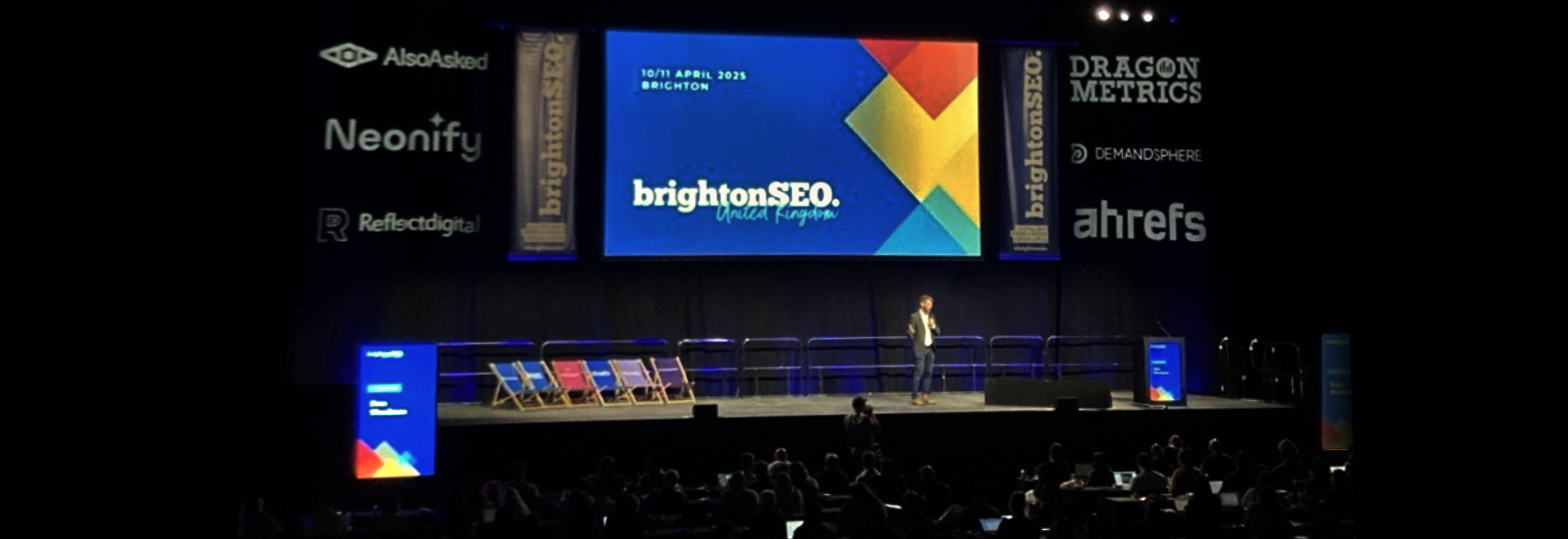Our SEO expert Sophia Choudhury shares the latest news and updates across SEO:
OpenAI release a prototype of SearchGPT
OpenAI has introduced SearchGPT, a prototype of an AI-powered search engine that provides concise responses to queries along with source citations by combining AI language models with real-time web information. Unlike traditional search engines that present a list of links, SearchGPT delivers the responses within a conversational interface, allowing for follow-up questions. Details about the source of the information is also provided, with links to the original content.
The new tool also lets publishers manage how their content appears in SearchGPT results, which is independent of AI training data. Even if publishers opt out of contributing to AI training, their sites can still appear in search results. Content management options allow publishers to influence the display and usage of their content within SearchGPT, with an email available for publishers to share their thoughts and concerns. There are also plans to share performance insights with original publishers regarding content performance within the AI search ecosystem. The development of SearchGPT has been influenced by external publishers who have collaborated in the process, including thorough emphasising the importance of author credit and collaborative development. SearchGPT is currently a prototype and may be integrated into ChatGPT in the future.
Why we care: The introduction of SearchGPT could significantly impact the way in which users search for information and the way in which search results are displayed, with implications for digital marketing and content creation. The impact may include changes in content distribution and discovery mechanisms, new SEO strategies, and evolving relationships between AI companies and content creators. Having said this, the accuracy and comprehensiveness of search results is also dependent on publisher participation and their content management choices.
For content creators and publishers, SearchGPT presents new opportunities to influence how their work is used in AI search contexts, but this requires adapting to new formats and strategies to ensure content is AI-friendly and easily discoverable.
Google announces potential changes of SEO internationalisation
Hreflang Tags
Google is hinting at a shift towards automatic language detection, potentially reducing the need for hreflang annotations in website code. Gary Illyes, a Google Search analyst, has argued that automatic language detection is more reliable than manual annotations, however he has also recognised that website owners should still have the ability to override these automatic detections. As it is reported that only 9% of websites use hreflang annotations on their homepages, a low adoption rate that may have influenced this potential change.
Why we care:
While no official changes have been announced or rolled out, this provides insight into the potential future of Google’s approach to multilingual and multi-regional websites. This shift could reduce the technical burden of implementing hreflang annotations. The advice for website owners and publishers at this time is to:
- Continue following current guidelines.
- Ensure multilingual content is high-quality and accurately translated.
- Be prepared to adapt if Google moves towards more automatic language detection.
- Maintain a clear and logical structure to make language versions obvious and aid automatic detection.
Country code top-level domains (ccTLDs)
Illyes also suggested that the localisation boost traditionally associated with ccTLDs might soon be less significant. The reliability of ccTLDs as indicators of a website’s geographic target audience has diminished due to creative uses of ccTLDs for branding purposes, such as using .ai, the ccTLD for Anguilla.
Why we care:
Potential changes in the importance of ccTLDs could affect how businesses approach domain strategy across different markets. Key takeaways include:
- It may be time to reassess strategies, especially if heavily investing in ccTLDs was part of the current plan.
- If the importance of ccTLDs decreases before hreflang tags, implementing hreflang tags could become more critical.
- ccTLDs still hold branding and marketing value, as well as current internalisation value.
- It is important to monitor official announcements and changes in Google’s documentation closely.
Author: Sophia Choudhury
Published: August 6, 2024


































